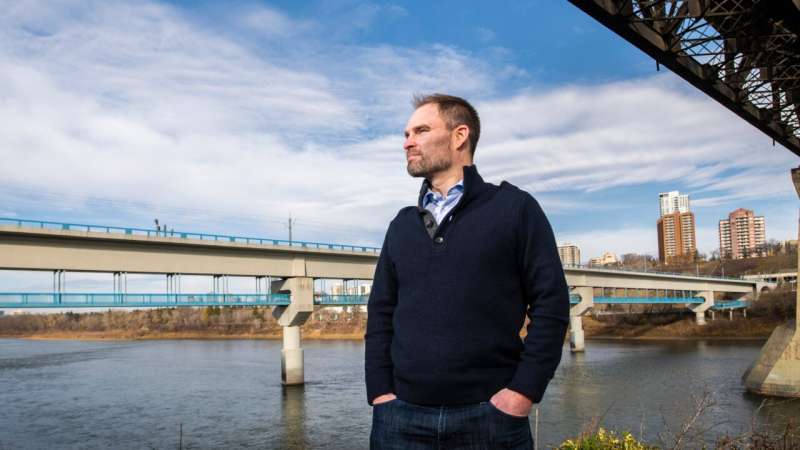Understanding social vulnerability is critical for climate change adaptation, says study

As our world adapts to climate change, a renewed focus on social vulnerability is critical to supporting affected communities, according to a study by University of Alberta urban planning experts.
"Our research shows we must expand our thinking beyond solely the physical aspects of climate change, and to instead design for the social effects of climate change as well—particularly the impact on our most vulnerable populations," said Sarah Kehler, co-author of the study and Ph.D. student in the Department of Earth and Atmospheric Sciences.
"Failure to do so will leave us unprepared for the monumental risks ahead."
Kehler conducted this research under the supervision of Jeff Birchall, co-author and associate professor in the School of Urban and Regional Planning. Birchall leads the thematic research network on Local-scale Planning, Climate Change and Resilience, and the Climate Adaptation and Resilience Lab, where the team tackles pressing questions about local-scale planning, governance structures and processes related to climate adaptation strategies.
As an example, the authors explain that for a community mitigating flood risk, physical mitigation such as dikes would be essential. While zoning bylaws can help shift development away from risk-prone areas, planning can also improve access to basic infrastructure and services through policy directed toward education, transportation, housing or health care. In this way, according to the authors, planners can reduce income disparities and lessen environmental injustice—balancing both social and physical concerns.
"Relying on hard measures and top-down decision making in urban planning has led to a whole host of problems we're still trying to rectify today," said Kehler. "Urban planners have worked hard to leave this in the past, but when it comes to climate change adaptation, the field of urban planning has not made the shift. We're hoping to change that.
"Climate change will threaten the stability of humanity as a whole. There are already communities around the globe that are disproportionately affected by climate change."
"It is our responsibility to make our communities resilient, and as the climate becomes more extreme and variable, social vulnerability will be exacerbated—and we must shift how we approach this challenge," said Birchall.
The study, Social vulnerability and climate change adaptation: The critical importance of moving beyond technocratic policy approaches, was published in Environmental Science & Policy.
More information: Sarah Kehler et al, Social vulnerability and climate change adaptation: The critical importance of moving beyond technocratic policy approaches, Environmental Science & Policy (2021). DOI: 10.1016/j.envsci.2021.07.025
Provided by University of Alberta


















